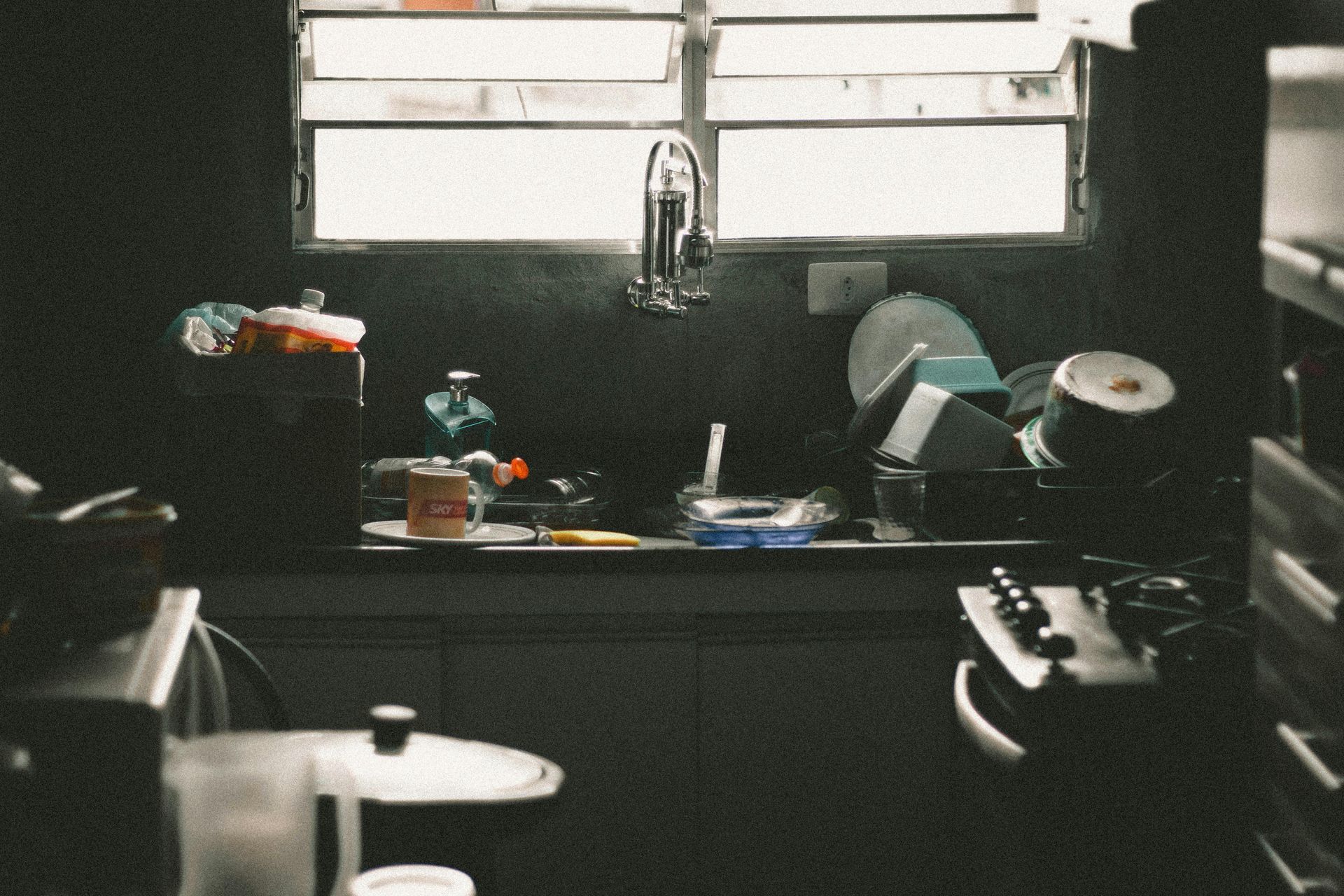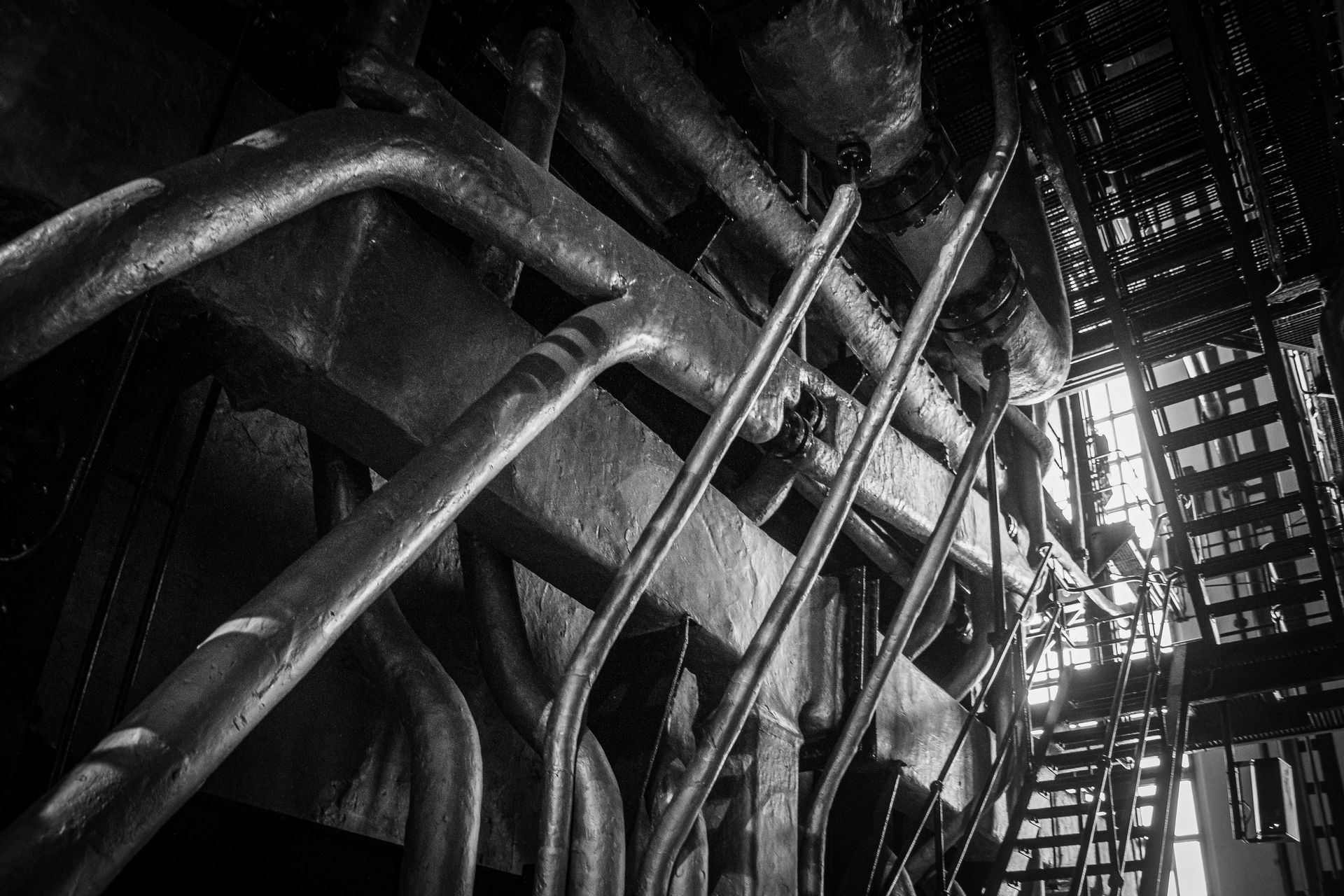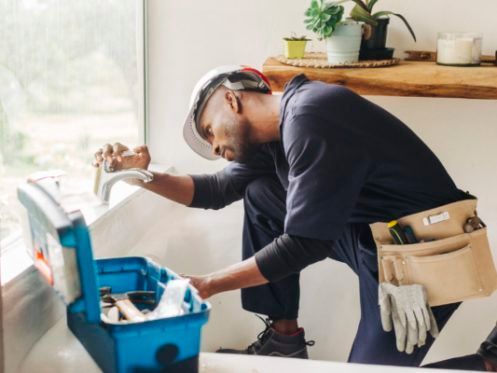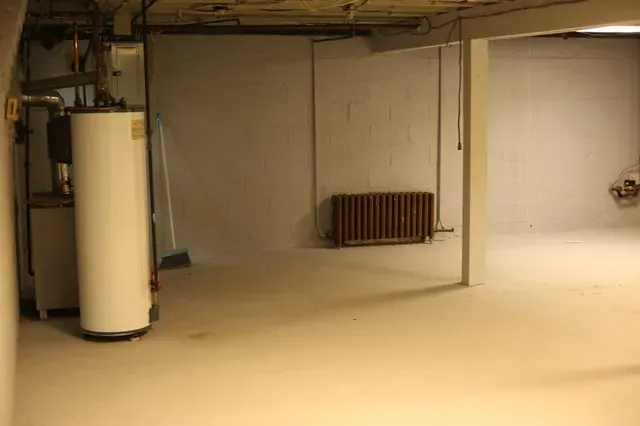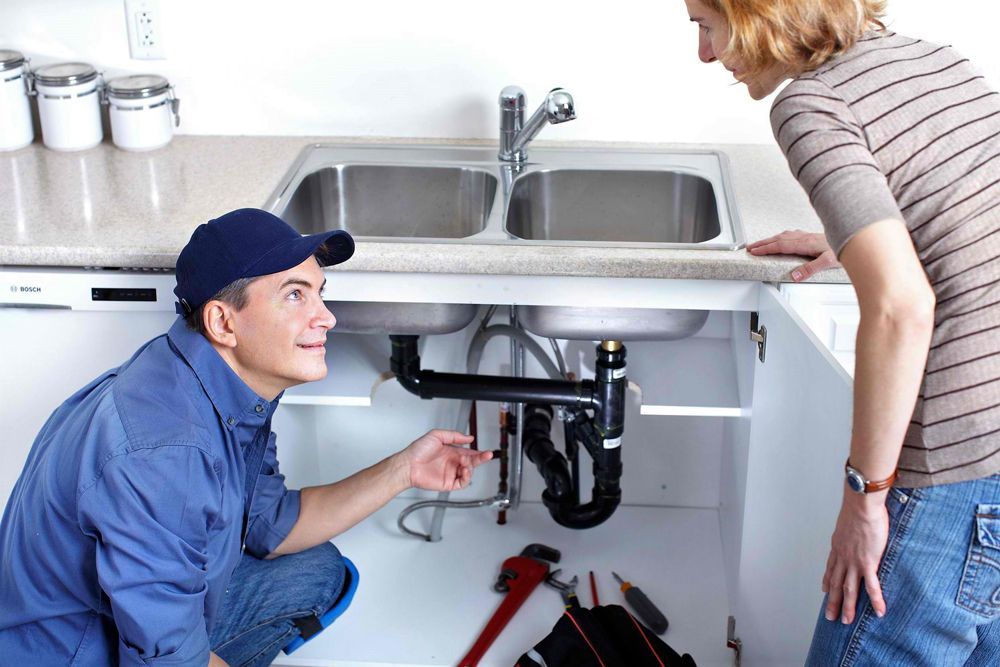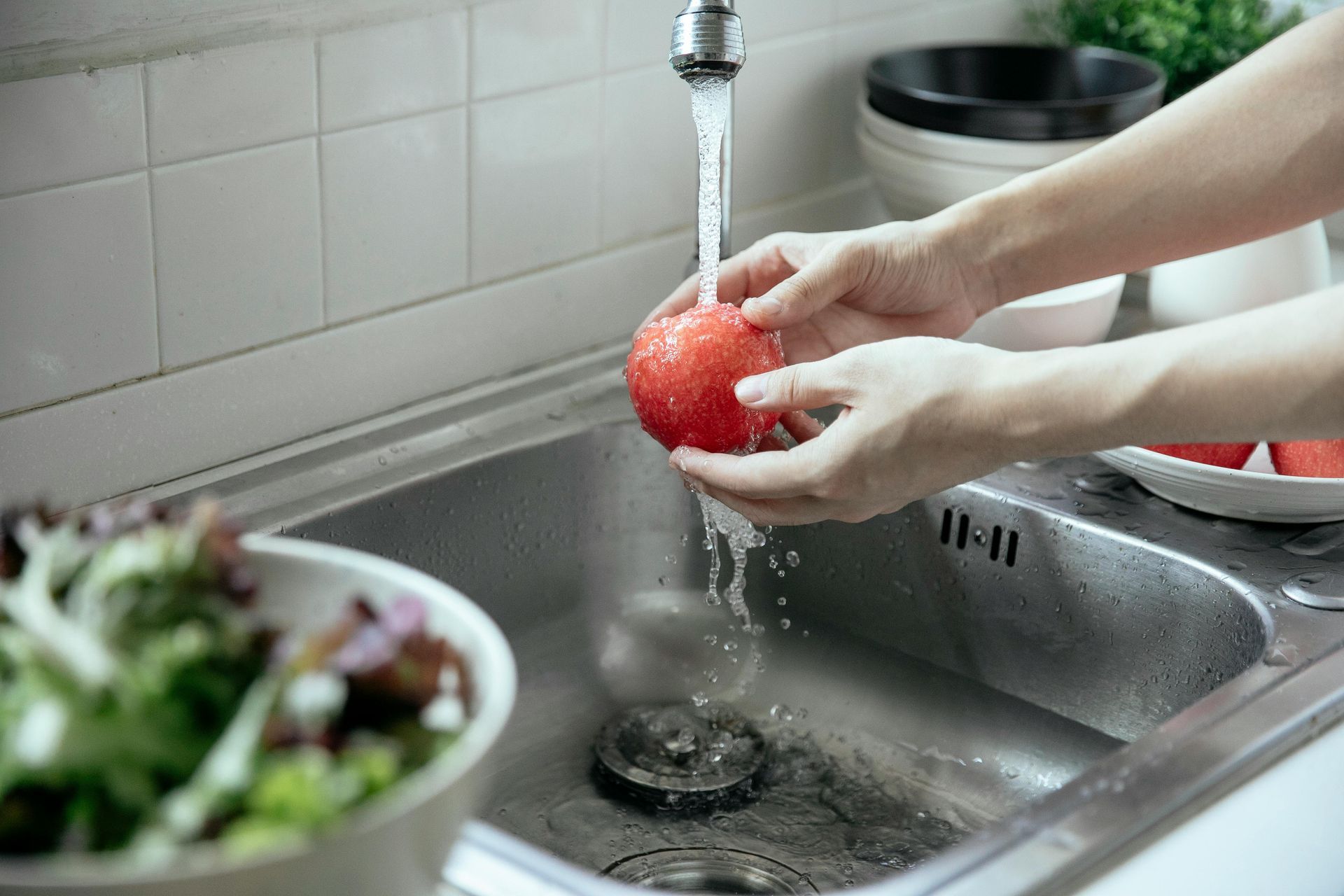Why Is My Expansion Tank Leaking? Common Causes and Fixes
An expansion tank is a crucial part of many heating and plumbing systems, designed to manage the pressure fluctuations within your hot water system. When your expansion tank leaks, it can cause issues that affect both the performance and safety of your system. Leaks in expansion tanks can be caused by various factors, including wear and tear, pressure imbalances, or faulty installations. In this guide, we’ll discuss common causes of leaks in expansion tanks, offer solutions, and help you understand when it’s time to call a professional, like All City Plumbers.
The Role of Expansion Tanks in Preventing Water Heater Damage
Common Causes of Expansion Tank Leaks
1. Excessive Pressure in the System
Expansion tanks are designed to handle a certain amount of pressure. If the pressure in the system exceeds the tank’s capacity, it can lead to leaks or even rupture the tank. High pressure can be due to a malfunctioning pressure-reducing valve, overfilled system, or extreme temperature changes. When the tank is subjected to more pressure than it’s built to handle, the internal bladder or diaphragm can weaken, eventually leading to leaks.
2. A Damaged Diaphragm or Bladder
Inside most expansion tanks, there’s a flexible diaphragm or bladder that separates the water and air compartments. Over time, this diaphragm can become brittle or rupture due to constant pressure fluctuations. When the diaphragm fails, water fills the entire tank, which reduces its ability to absorb pressure surges and leads to leaks at the seams or joints. If you notice waterlogging or loss of pressure-absorbing capacity, it’s a strong indication of diaphragm damage.
3. Corrosion or Rust Buildup
Expansion tanks are often made of metal, which can corrode over time due to constant exposure to water. Corrosion may start as small spots but can spread and weaken the tank’s walls. This often happens if the tank isn’t properly treated with anti-corrosive measures or if it’s installed in a high-humidity area. Rust and corrosion are major contributors to leaks, as they compromise the structural integrity of the tank.
4. Improper Installation
If the expansion tank isn’t installed according to manufacturer specifications, it can result in various operational issues, including leaks. Improperly fitted valves, incorrect orientation, or an unsecured mounting can place additional stress on the tank, leading to premature failure and leaks. For example, a horizontal installation when vertical installation is recommended can affect the tank's longevity. It’s crucial to have professional plumbers handle installations to avoid such issues.
5. Old or Worn-Out Tank
An expansion tank has a limited lifespan, usually around 5-10 years. As it ages, the tank becomes more prone to leaks due to gradual wear and weakening of its components. Older tanks are more susceptible to diaphragm degradation, corrosion, and pressure-related leaks. Regular maintenance checks can help extend its lifespan, but after a certain point, replacement is usually the best option.
Fixes for a Leaking Expansion Tank
Fixing Excessive Pressure
If excessive pressure is causing leaks in your expansion tank, it’s essential to address the source of the pressure.
- Install or Replace Pressure-Reducing Valve: Adding a pressure-reducing valve to your system or replacing a malfunctioning one can regulate the pressure effectively.
- Adjust the Expansion Tank Pressure: If the tank’s pressure is too low, you may be able to adjust it by adding air to match the system pressure.
Replacing a Damaged Diaphragm or Bladder
When the diaphragm or bladder is damaged, the best solution is to replace it. Unfortunately, in most residential settings, this means replacing the entire tank.
- Replace the Expansion Tank: It’s generally recommended to replace the tank entirely rather than attempting repairs, as the cost and effort involved in repairing a diaphragm can be impractical.
- Regular Maintenance Checks: To prevent future issues, have a plumber perform regular inspections of the diaphragm or bladder to catch potential issues early.
Addressing Corrosion and Rust
Corrosion and rust are common in older tanks or those exposed to moisture. The best solution is usually replacement, especially if the rust has spread.
- Anti-Corrosive Coating: If the corrosion is caught early, applying an anti-corrosive coat can slow down the process.
- Replace the Tank: If the rust is extensive, replacing the tank is safer to avoid potential leaks and bursts.
Ensuring Proper Installation
If improper installation is causing leaks, it’s advisable to have a licensed plumber reinstall or make necessary adjustments to the tank.
- Hire a Professional: An experienced plumber will ensure the tank is mounted securely and oriented correctly.
- Check Manufacturer’s Instructions: Adhering to the tank's specific installation guidelines can help prevent future issues.
Dealing with an Old or Worn-Out Tank
If your tank is near or beyond its expected lifespan, replacement is the most effective solution.
- Install a New Expansion Tank: Opt for a model with a corrosion-resistant lining or enhanced durability if your home’s environment is humid.
- Routine Inspections: Schedule yearly maintenance to check for early signs of wear in the new tank.
| Cause | Symptoms | Solution |
| Excessive Pressure | Frequent leaks, tank distortion | Install pressure-reducing valve, adjust tank pressure |
| Damaged Diaphragm/Bladder | Waterlogging, reduced pressure | Replace the expansion tank |
| Corrosion or Rust | Discoloration, rust spots | Apply anti-corrosive coating or replace the tank |
| Improper Installation | Visible leaks at fittings | Reinstall or adjust tank orientation |
| Old/Worn-Out Tank | Frequent leaks, weak structure | Replace the tank with a new one |
Frequently Asked Questions (FAQs)
1. How do I know if my expansion tank is leaking?
- Look for signs of water around the tank, reduced pressure in the system, or visible rust and corrosion. Regular maintenance can help detect small leaks before they become major issues.
2. Can I fix a leaking expansion tank myself?
- Simple fixes like adjusting the pressure can sometimes be done yourself. However, if the issue involves replacing parts or the entire tank, it’s best to call a professional plumber.
3. How often should an expansion tank be replaced?
- Expansion tanks typically last between 5-10 years. If you’re experiencing frequent leaks or pressure issues, it may be time to replace it.
4. What maintenance can prevent leaks in an expansion tank?
- Regular inspections, checking pressure levels, and ensuring the tank is free from rust can help extend its lifespan and prevent leaks.
5. Why is my expansion tank waterlogged?
- A waterlogged expansion tank usually means the diaphragm or bladder has ruptured, causing water to fill both compartments. In this case, replacing the tank is often necessary.
Conclusion
A leaking expansion tank can lead to decreased efficiency and potential damage to your plumbing or heating system. By understanding the causes—whether it’s excessive pressure, a damaged diaphragm, corrosion, poor installation, or simple wear—you can better identify solutions. Regular maintenance and timely replacement can prevent costly repairs in the long run. If you need professional help to diagnose or fix your expansion tank issues, All City Plumbers has the expertise to ensure your system runs smoothly and safely.
Expansion Tank vs. Pressure Relief Valve: What’s the Difference?

